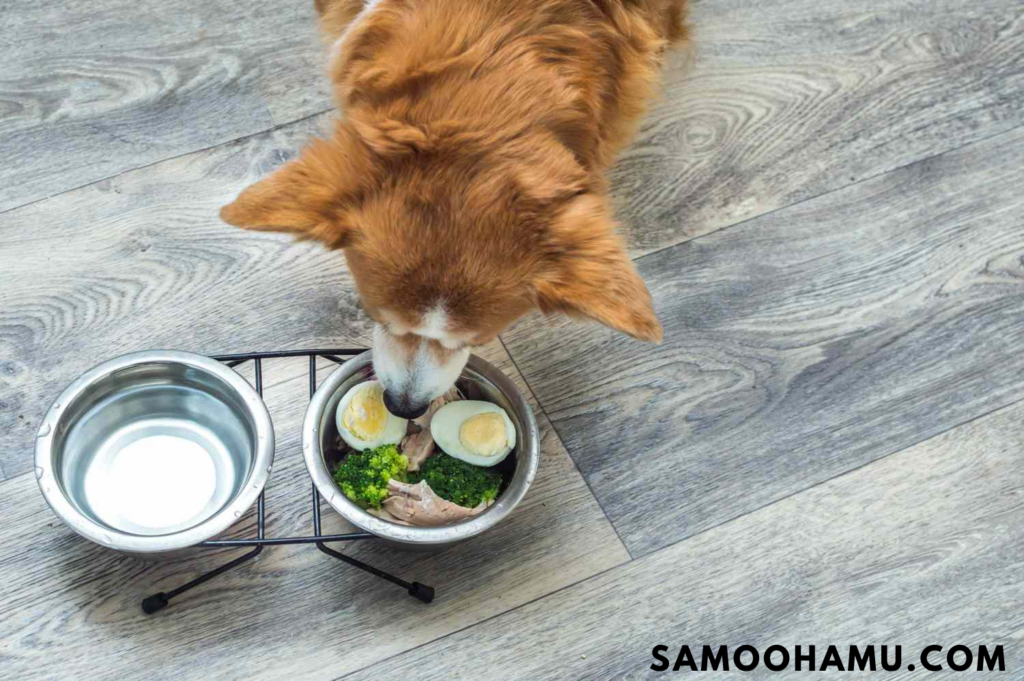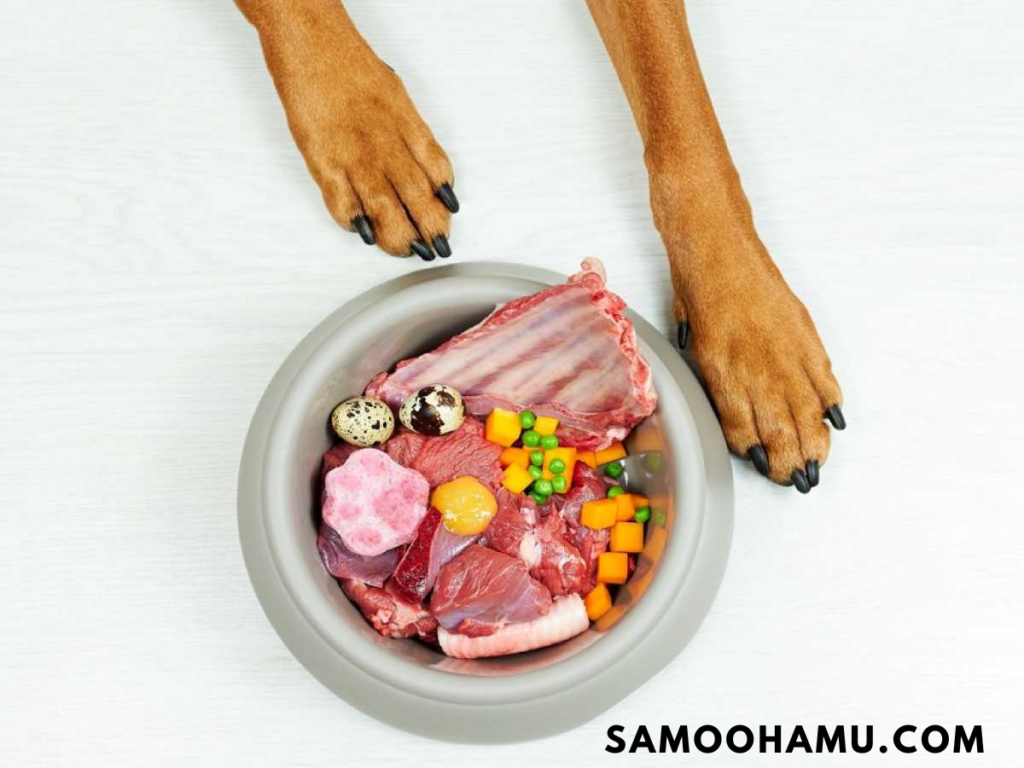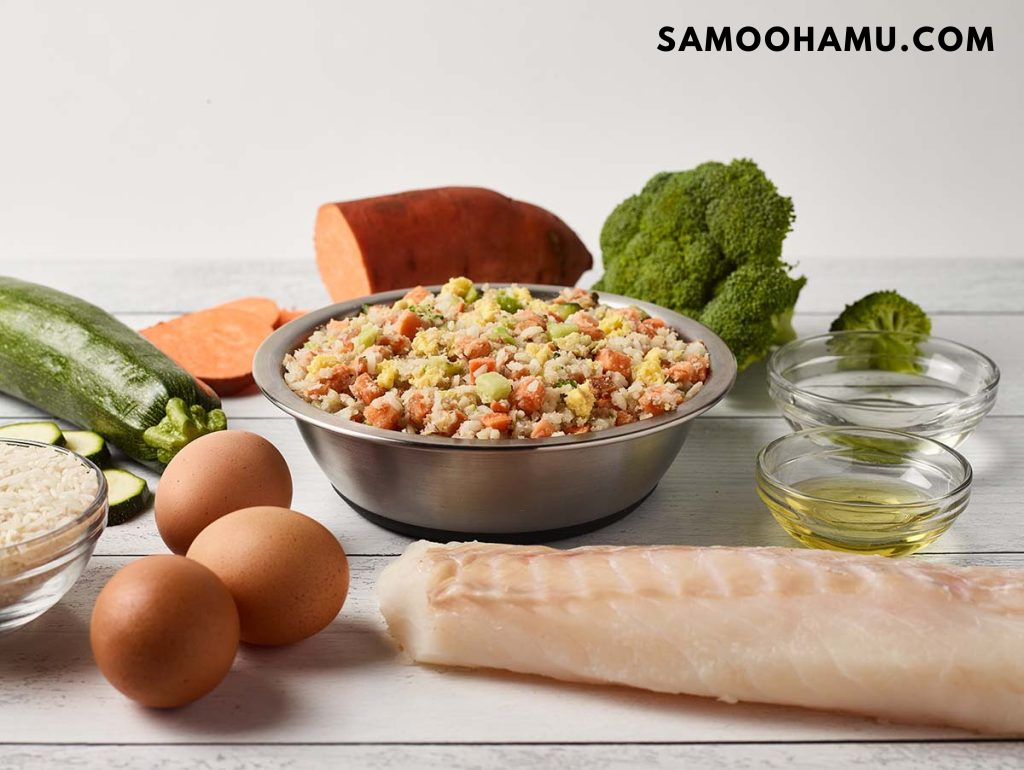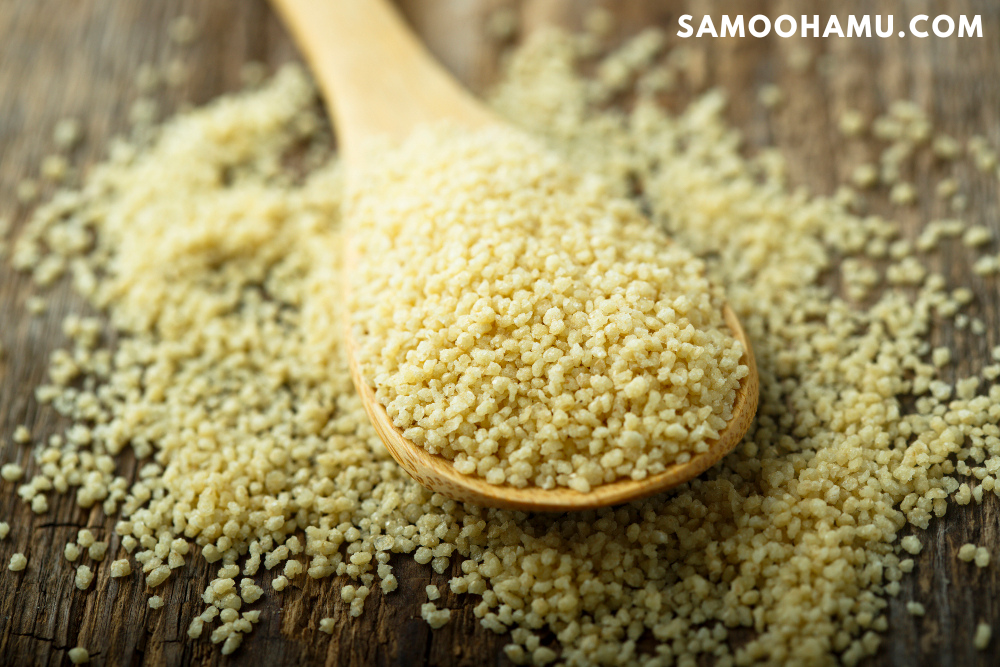Welcome, fellow dog lovers and proud pooch parents! Today, we’re diving into the fascinating world of liver health and how nutrition can play a vital role in keeping our furry friends’ livers happy and hale. Just like us humans, dogs are prone to liver problems that can leave them feeling less than their usual tail-wagging selves. But fear not! With a carefully crafted liver-friendly diet, we can give our four-legged companions the love and care they deserve.
Now, you might be wondering why it’s so important to pay attention to your doggo’s liver health. Well, dear reader, the liver is no ordinary organ; it’s like a superhero working behind the scenes to keep your pup healthy and thriving. From filtering toxins out of their bloodstream to aiding digestion and storing essential nutrients – this amazing powerhouse does it all!
So let’s embark on this culinary adventure together as we explore the top seven foods that should make an appearance on your canine’s plate when dealing with liver issues. And fear not, we’ll also guide you through some helpful tips on implementing these dietary changes seamlessly into your beloved pupper’s routine. So grab a treat (for both you and Fido) and let’s get started – because nothing warms our hearts quite like seeing our fur babies thrive with radiant health!
Importance of a Liver-Friendly Diet for Dogs

Ensuring that your furry friend has a liver-friendly diet is crucial to their overall health and well-being. The liver plays a vital role in filtering toxins from the body, producing essential proteins, and aiding digestion. When the liver is not functioning properly, it can lead to various health issues in dogs.
By incorporating a liver-friendly diet into your dog’s daily routine, you can help support their liver function and prevent potential problems. It’s important to feed them foods that are nutrient-dense and easy for the liver to process.
Including foods such as blueberries, leafy green vegetables, fatty fish like salmon or sardines, eggs, low-fat venison, and low-copper options are beneficial for dogs with liver problems. These foods provide essential vitamins, antioxidants, omega-3 fatty acids, protein-rich sources without excessive fat content or high copper levels which can be harmful to the liver.
By providing these nutritious options regularly in your dog’s meals or treats while avoiding processed foods and those high in additives or preservatives; you can promote optimal liver function and contribute toward maintaining their overall health!
Implementing a balanced and healthy diet for your pup isn’t just about satisfying their taste buds but also ensuring they live long happy lives!
1. Blueberries

Blueberries are not only a delicious treat for humans, but they can also be incredibly beneficial for our furry friends with liver problems. These tiny berries pack a punch when it comes to antioxidants, which help protect the liver from damage caused by free radicals. Plus, they are low in calories and high in fiber, making them an excellent choice for dogs struggling with weight management.
Feeding your dog blueberries as part of their liver-friendly diet is easy! You can simply give them a handful of fresh or frozen berries as a tasty snack. Alternatively, you can mix some mashed blueberries into their regular meals to add extra flavor and nutrition.
When it comes to portion sizes, moderation is key. While blueberries offer numerous health benefits, feeding too many at once may cause digestive upset or diarrhea. It’s always best to start slow and gradually increase the amount based on your dog’s individual tolerance.
So next time you’re enjoying some juicy blueberries yourself, don’t forget to share this superfood with your furry companion too! Their liver will thank you for it!
2. Leafy Green Vegetables

When it comes to a liver-friendly diet for dogs, leafy green vegetables are an absolute must! These vibrant greens are packed with essential nutrients that support overall liver health. Plus, they add a delicious crunch to your furry friend’s meal!
Leafy greens such as spinach, kale, and broccoli provide a rich source of antioxidants like vitamin C and beta-carotene. These antioxidants help protect the liver from oxidative damage caused by toxins and free radicals.
Not only are these veggies beneficial for the liver, but they also offer a host of other health benefits. They’re low in calories and high in fiber, which can aid digestion and prevent constipation. The high water content helps keep your pup hydrated too!
To incorporate leafy greens into your dog’s diet, you can steam or lightly cook them to make them easier to digest. Chop them up into small pieces or blend them into homemade dog food recipes for added nutrition.
Remember to introduce new foods gradually and monitor how your dog responds. Always consult with your veterinarian before making any significant changes to their diet.
So go ahead and add some green goodness to your pup’s bowl – their liver will thank you!
3. Fatty Fish

Fatty fish, such as salmon, trout, and sardines, are not only delicious but also packed with nutrients that can benefit a dog’s liver health. These types of fish are rich in omega-3 fatty acids, which have anti-inflammatory properties and can help reduce inflammation in the liver.
Omega-3 fatty acids are essential for maintaining overall health and supporting organ function. They have been shown to improve blood flow to the liver and promote healthy cell growth. Additionally, these healthy fats can help lower cholesterol levels and support cardiovascular health.
When incorporating fatty fish into your dog’s diet, it is important to choose high-quality sources that are free from contaminants like mercury or heavy metals. Look for wild-caught options whenever possible.
To include fatty fish in your dog’s meals, you can steam or bake it without any added oils or seasonings. Be sure to remove any bones before serving it to your furry friend! Remember to consult with your veterinarian before introducing new foods into your dog’s diet.
By adding fatty fish to their meals occasionally, you provide a tasty treat while also promoting optimal liver function for your beloved canine companion!
4. Eggs

Eggs are not only a delicious and versatile food, but they also offer numerous benefits for dogs with liver problems. Packed with essential nutrients such as protein, vitamins A, B12, and D, eggs can help support your pup’s overall health while being gentle on their liver.
One of the main advantages of incorporating eggs into your dog’s diet is that they are easily digestible. This is especially important for dogs with liver issues who may have difficulty processing certain foods. The high-quality protein found in eggs provides the necessary amino acids to promote muscle growth and repair.
Furthermore, eggs contain choline, a nutrient that plays a vital role in liver function. Choline helps transport fat from the liver and prevents it from accumulating excessively. By including eggs in your dog’s meals, you can aid their liver in metabolizing fats effectively.
When feeding eggs to your furry friend, it’s best to cook them thoroughly before serving. Raw or undercooked eggs can pose a risk of salmonella infection. Scrambled or hard-boiled eggs make excellent options for adding variety to your dog’s diet.
Remember to consult with your veterinarian regarding portion sizes and any specific dietary restrictions based on your dog’s individual needs. With proper guidance and moderation, incorporating eggs into their meals can be an egg-cellent choice for supporting their liver health!
5. Low-Fat Venison

Looking for a protein-packed option that is easy on your dog’s liver? Look no further than low-fat venison! This lean meat is not only delicious but also provides essential nutrients that support liver health.
Venison is a great source of high-quality protein, which helps build and repair tissues in your furry friend’s body. It contains less fat compared to other meats like beef or pork, making it easier for the liver to process. Plus, its rich flavor is sure to make mealtime an exciting experience for your pup!
In addition to being low in fat, venison offers important vitamins and minerals such as iron and B vitamins. These nutrients play a crucial role in maintaining overall well-being and supporting optimal liver function.
To include venison in your dog’s diet, you can opt for commercial dog food containing this tasty meat or prepare homemade meals using lean cuts of venison. Just remember to cook it thoroughly before feeding it to your pup.
By adding low-fat venison to their diet, you are providing your four-legged companion with a nutrient-dense meal that supports their liver health while satisfying their taste buds!
6. Low-Copper Foods

Copper is an essential mineral for dogs, but excessive levels of copper can be harmful to their liver. If your furry friend has liver problems, incorporating low-copper foods into their diet can help support their liver health.
One of the best low-copper food options for dogs is lean meats like chicken and turkey. These protein sources are not only delicious for our canine companions but also provide important nutrients without overwhelming amounts of copper.
Another great option is white rice, which is easily digestible and gentle on the liver. You can mix it with some boiled carrots or pumpkin puree to add flavor and variety to your pup’s meals.
Vegetables such as broccoli and cauliflower are also excellent choices as they have minimal copper content while offering a range of vitamins and minerals that contribute to overall well-being.
Apples make a tasty snack for dogs with liver problems since they contain very little copper. Just remember to remove the seeds before feeding them!
When it comes to treats, opt for low-copper options like sweet potatoes or green beans instead of high-copper snacks like organ meats or shellfish.
Remember, always consult with your veterinarian before making any major changes in your dog’s diet! They will guide you in selecting the right low-copper foods based on your pet’s specific needs.
7. Nutrient-Dense Foods

Nutrient-dense foods are a crucial component of a liver-friendly diet for dogs. These foods are packed with essential vitamins, minerals, and antioxidants that support overall health and help maintain proper liver function.
One excellent nutrient-dense food to include in your dog’s diet is sweet potatoes. These starchy vegetables are rich in fiber, beta-carotene, and vitamin C. They provide a slow-release source of energy and promote healthy digestion.
Another fantastic option is quinoa. This grain-like seed is gluten-free and contains all nine essential amino acids, making it a complete protein source. Quinoa also provides important nutrients like iron, magnesium, and B-vitamins.
Additionally, including lean meats such as chicken or turkey can provide high-quality protein without the added fat. Protein is necessary for muscle repair and growth while supporting the body’s natural detoxification processes.
To amp up the nutrient density even further, consider adding some leafy greens like spinach or kale to your dog’s meals. These veggies offer an abundance of vitamins A,C,K along with calcium and iron – all vital for optimal canine health.
Remember to always consult with your veterinarian before making any significant dietary changes for your pup! But by incorporating these nutrient-dense foods into their diet gradually alongside other liver-friendly options mentioned in this blog post – you’ll be on track toward providing them with the best nutrition possible!
Tips for Implementing a Liver-Friendly Diet for Dogs

Now that you know the top foods to include in a liver-friendly diet for dogs, it’s time to discuss how to implement these changes effectively. Here are some tips to help you get started:
1. Gradual Transition: When introducing new foods into your dog’s diet, it’s important to do so gradually. Start by mixing small amounts of the liver-friendly foods with their regular food and slowly increase the proportion over time. This will give their digestive system time to adjust.
2. Portion Control: Just like humans, portion control is crucial for dogs with liver problems. Monitor your pet’s weight and consult with your veterinarian about the appropriate serving sizes based on their size, age, and overall health condition.
3. Regular Feeding Schedule: Establishing a consistent feeding schedule can greatly benefit dogs with liver issues. Feed them at the same times each day and avoid leaving food out all day long as this can lead to overeating or spoilage.
4. Fresh Water Supply: Always provide fresh water for your furry friend throughout the day, especially when implementing dietary changes or if they have any underlying health conditions.
5. Avoid High-Risk Foods: Alongside incorporating liver-friendly options into their diet, it is equally important to avoid certain foods that can worsen liver problems in dogs such as fatty cuts of meat (like beef), high-sodium treats or table scraps, processed snacks filled with artificial ingredients and preservatives.
6. Regular Vet Checkups: Lastly but most importantly, maintain regular visits to your veterinarian who can monitor your dog’s progress and make necessary adjustments in their diet based on specific needs.
By following these tips and providing a well-balanced liver-friendly diet tailored specifically for your furry companion’s needs under professional guidance from a vet, you are taking proactive steps toward supporting their overall health and well-being!
Remember that every dog is unique; what works for one may not work for another. It’s important to consult with your veterinarian




